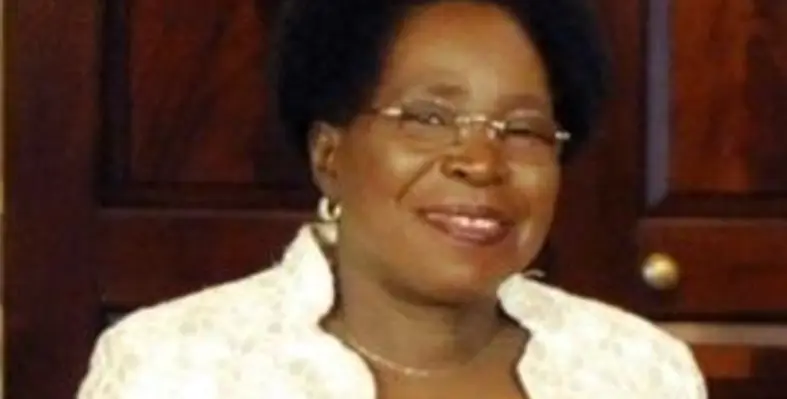Page 1 of 2US Secretary of State, Hillary Clinton, and African Union chair, Nkosazana Dlamini-Zuma, have held a series of meetings in Washington, with private sector economic growth forming a key focal point
The African Union (AU) and the US are working to improve the volume and diversity of outside investment on the continent.
"We are approaching Africa as a continent of opportunity and a place for growth, not just a site of conflict and challenge," Clinton said.
"We want to enhance trade and investment between the United States and Africa. We want to do more to really see greater prosperity across the continent."
It was the first US/AU high level meeting since Dlamini-Zuma took charge at the AU.
The former South African foreign minister said that fruitful discussions are only as good as the follow-up.
"We have to have a balance between dealing with crises and peace and security matters with development, because we feel that these are two sides of the same coin," said Zuma.
"If we delay development, there’ll be more crises and more instability. But at the same time, if we don’t deal with the security situation, we can’t develop.
"That balance for us is very important. And going forward, we are working as the AU towards a prosperous Africa which is at peace with itself and the world."
With the president having won a second term, Obama administration officials have said that they are looking to boost investments in Sub-Saharan Africa, where current US foreign direct investment focuses on South Africa (US$722mn), Angola (US$707mn), Ghana (US$250mn), and Liberia (US$113mn).
Nigeria continues to lead overall foreign direct investment with nearly US$9bn followed by South Africa with just under US$6bn and Ghana with more than US$3bn at a time when the International Monetary Fund is projecting total real GDP growth of more than five per cent.
Rising incomes and expanding urban middle classes account for much of that growth along with economic diversification and increased access to communications technologies.
"Africa is the only developing region in the world where the growth rate is expected to rise this year," said Clinton.
"Internet usage has grown more in Africa than on any other continent. Six of the world’s ten fastest-growing economies are in sub-Saharan Africa. Urban centres are becoming vital economic hubs.
“In short, Africa is ripe for growth."
Oil-exporting countries again have higher projected growth rates topping six per cent while lower-income, non-energy producers such as Ethiopia, Burkina Faso, and Kenya have somewhat slower growth.
Overall inflation is expected to fall below seven per cent in 2013 as fuel prices ease.
"Strong domestic demand, including from investment, is expected to support growth in many low-income countries, but a weak external environment, particularly in Europe, will continue to be a drag on middle-income countries’ growth," said IMF Africa director, Antoinette Monsio Sayeh.












